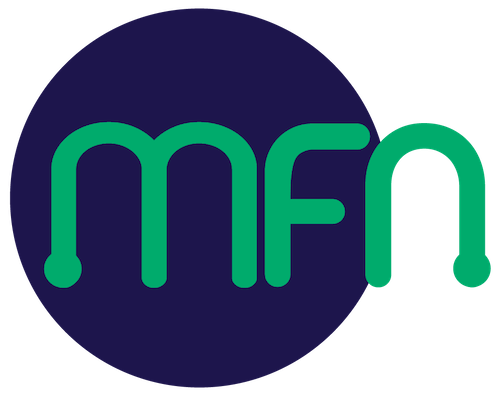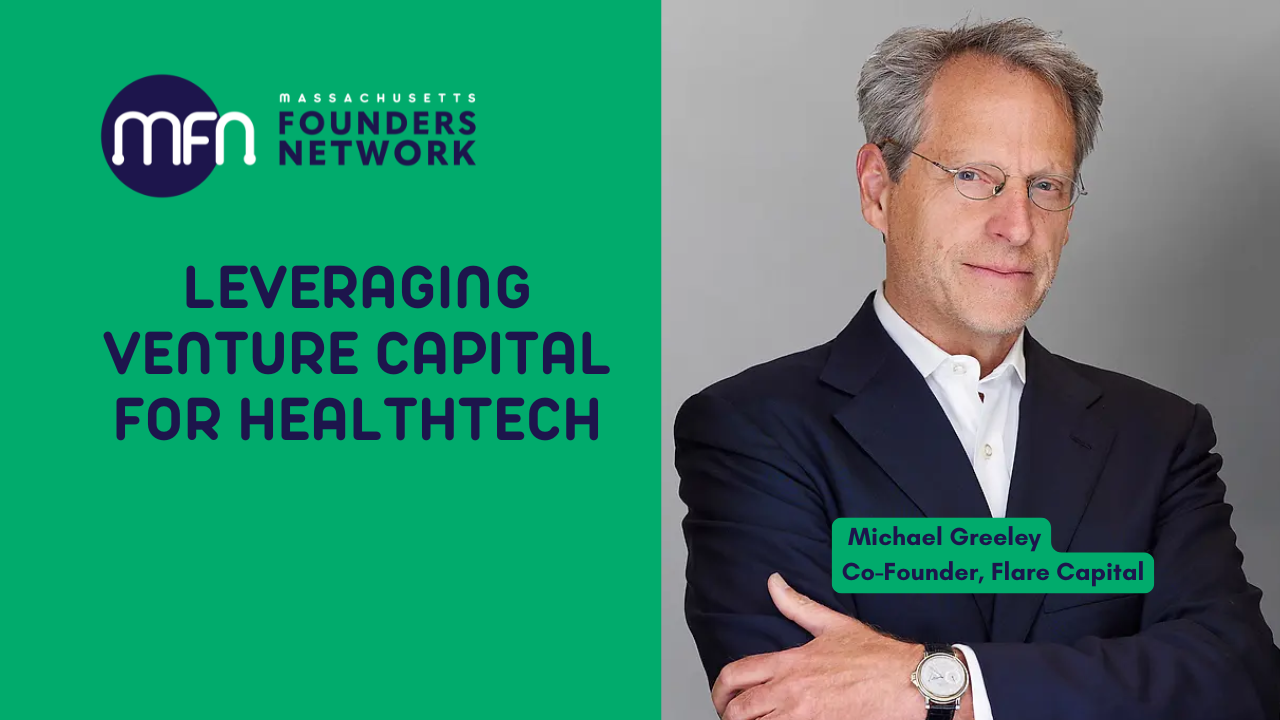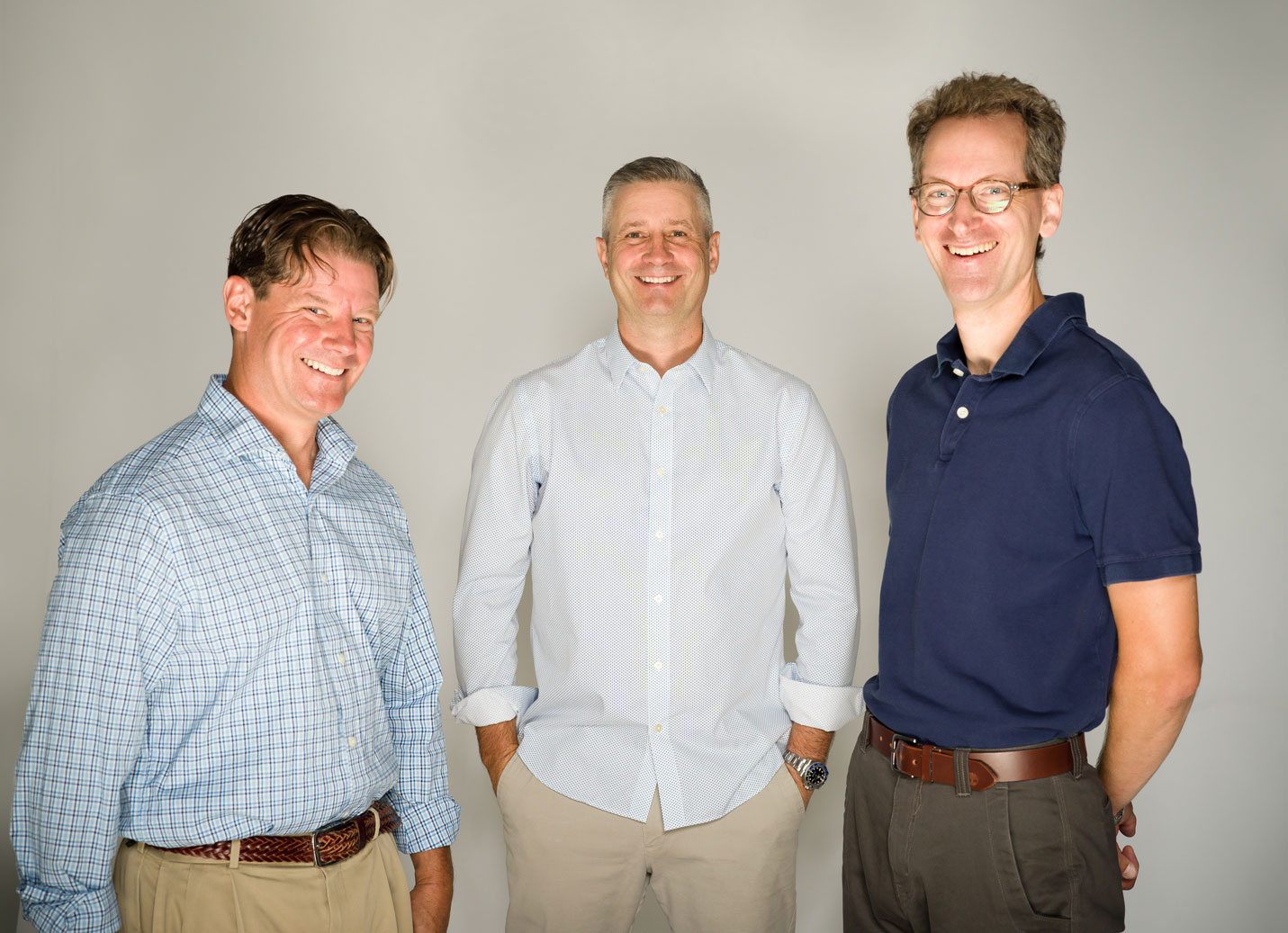MFN welcomed Michael Greeley, General Partner at Flare Capital Partners, for our latest webinar. Michael has been in the venture capital industry for over 30 years and served as one of the founding partners of Flybridge Capital Partners before co-founding Flare Capital Partners. Based in Boston, Flare invests in health technology startups ranging from the early stage to the exit stage. In his presentation, Michael pulls back the curtain on Flare’s deal-flow process and gives an executive perspective to the due diligence insights shared by Flare Senior Associate Johnathon George, who spoke at our July webinar.
Here Are the Highlights!
- HealthTech is still feeling the effects of Covid-19. During the pandemic, Flare Capital saw hundreds of new companies form to meet the growing demand for immediate digital healthcare assistance. Since then, Michael has seen many “incomplete stories” with health tech companies that started strong but are now struggling to grow their business because of lower demand. Michael notes that it’s key for founders to focus on flexible business models that can adapt to shifting demands.
- Remember the “2.5 model.” This model involves pitching to two potential lead investors—typically large-scale VC firms—along with one smaller investor, such as a niche fund with specific expertise. Michael points out that this structure allows founders to gain more feedback and is a valuable source of collaboration between investors. It also allows founders to increase their chances of securing more funding than originally anticipated.
- Pitching investors can feel like applying for college. It’s natural to feel nervous. It’s also perfectly fine to share the same key statistics about your company with multiple VC firms. However, if you reach out to 50 different investors, be ready for 50 different responses. Keep in mind that investors receive a flood of proposals daily. Michael notes that it’s easy to spot when a founder hasn’t done their homework on what industries Flare Capital actually targets, so make sure your pitch is tailored and well-researched.
- Flare does not invest in biotech companies. Software and services that improve technology in the healthcare sector are Flare Capital’s “bullseye.” Examples in their investment portfolio include EarlyBird, a digital platform that assists in identifying dyslexia in elementary school students; and Marigold Health, a social network that supports those struggling with substance use. Michael explains that biotechnology companies are typically heavily regulated and need more oversight than Flare can undertake.
- Flare looks for health tech companies that tell a specific “story.”. Michael notes that Flare is interested in startups that tell either a “cost reduction story” or an “outcome story.” A cost reduction story is when a company’s product or technology helps lower the expenses of covering a particular need. For example, if your software can immediately detect vaping in public spaces, it could save a community the cost of funding anti-vaping marketing campaigns. An outcome story highlights tangible results showing how your product or technology positively impacts a community by addressing a particular issue or need.
Are you working to find community and opportunity as a Massachusetts startup founder? Join MFN and get access to experts, networking opportunities, and connections within the statewide entrepreneur ecosystem.




